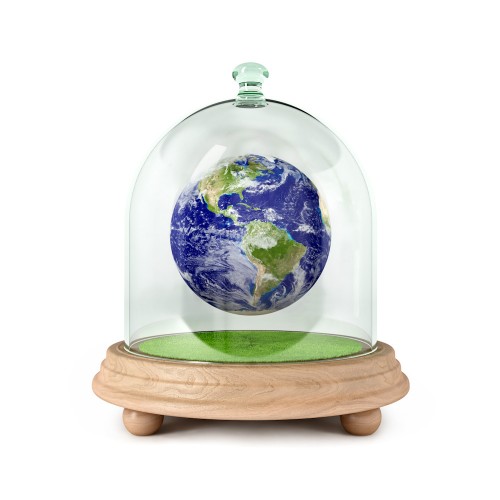 Smart, compassionate parents (and smart people in general) can sometimes find themselves at a distinct disadvantage when it comes to financial security. Now you may think this is counter-intuitive. I mean look at all the wealthiest people—they’re usually very smart. But their intelligence is largely beneficial in a business sense. Smart business people or investors make money by investing wisely and/or making shrewd business decisions. That doesn’t necessarily lend itself to compassion. This is why large corporations are often viewed as heartless—they’re acting in the best interest of their shareholders, not the Earth or future generations of humans.
Smart, compassionate parents (and smart people in general) can sometimes find themselves at a distinct disadvantage when it comes to financial security. Now you may think this is counter-intuitive. I mean look at all the wealthiest people—they’re usually very smart. But their intelligence is largely beneficial in a business sense. Smart business people or investors make money by investing wisely and/or making shrewd business decisions. That doesn’t necessarily lend itself to compassion. This is why large corporations are often viewed as heartless—they’re acting in the best interest of their shareholders, not the Earth or future generations of humans.
Compassionate intelligence, or what some people refer to as emotional intelligence, focuses on understanding other people. This is a whole new subject in the psychiatric field that is starting to get a lot of attention. How does compassion relate to finances, you ask? The answer has to do with sustainability, organic and green living, and energy efficiency. There are any number of unexpected costs that a parent can find themselves taking on—from obvious ones like putting dinner on the table and paying energy and medical bills to more obscure considerations like a one-time cord blood banking cost.
When it comes to sustainability most people are not willing to spend the extra money in order to upgrade their homes to be more energy efficient; most people are not willing to buy organic because of how much it drives up their grocery bills; most people are not willing to commit to a green lifestyle because they think it will just be too expensive.
How do finances relate to sustainability?
Emotionally intelligent people, parents, and business leaders recognize the importance of making short term sacrifices now in order to create long term health for our families, communities, and natural ecosystems. While the actions that may need to be taken in order to implement healthier societal practices that would reduce our carbon footprint may not be seen as cost effective, they should be viewed against the backdrop off increased pollutants, energy shortages, and poor air and water quality. Once we as individuals and families begin to make the necessary sacrifices, so too might the people and businesses around us.
That’s why I recommend committing to a lifestyle of organic, sustainable practices, foods, and activities. Be the change you wish to see. Don’t wait for the outside world’s lead, because it may never come.


